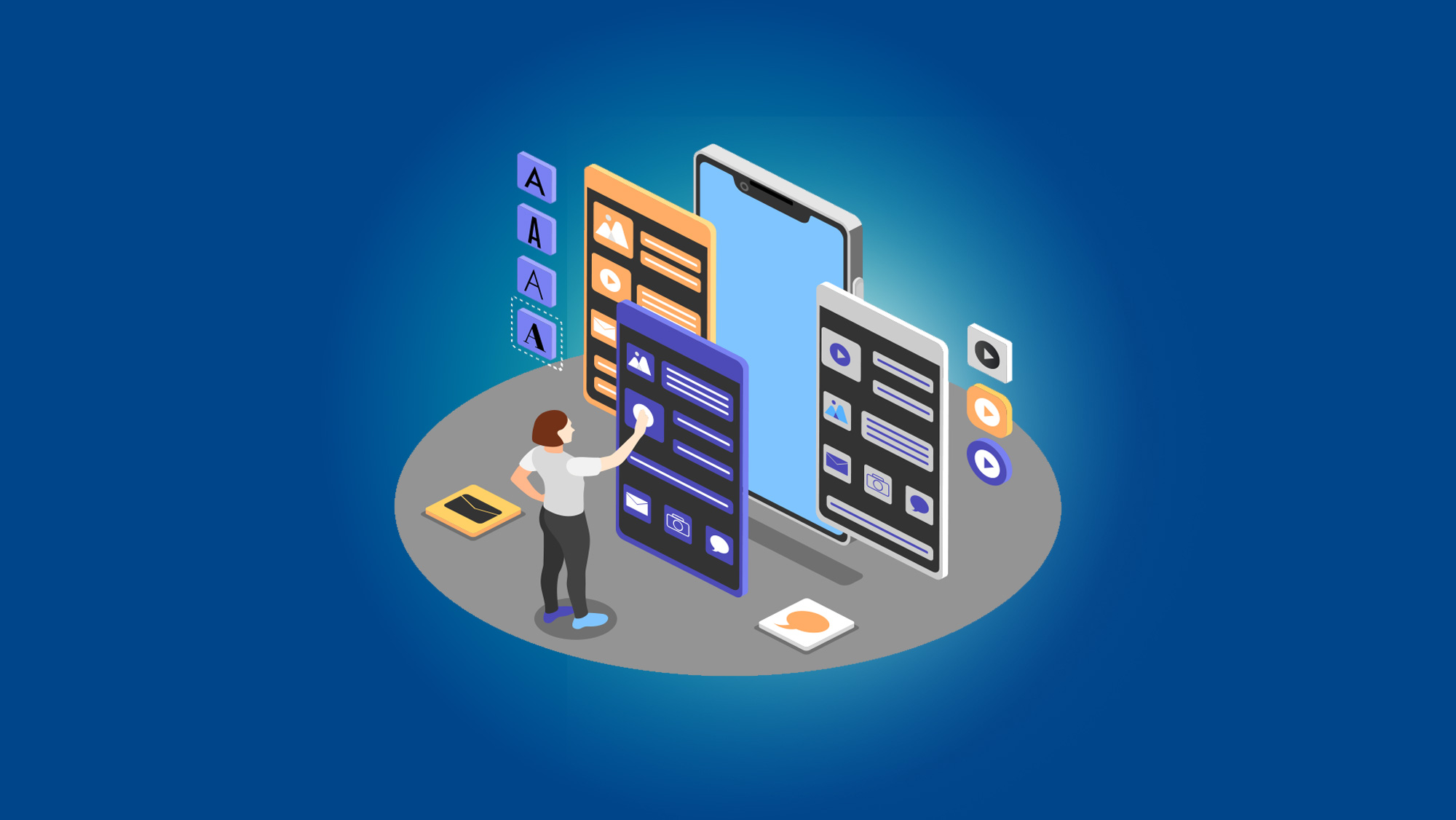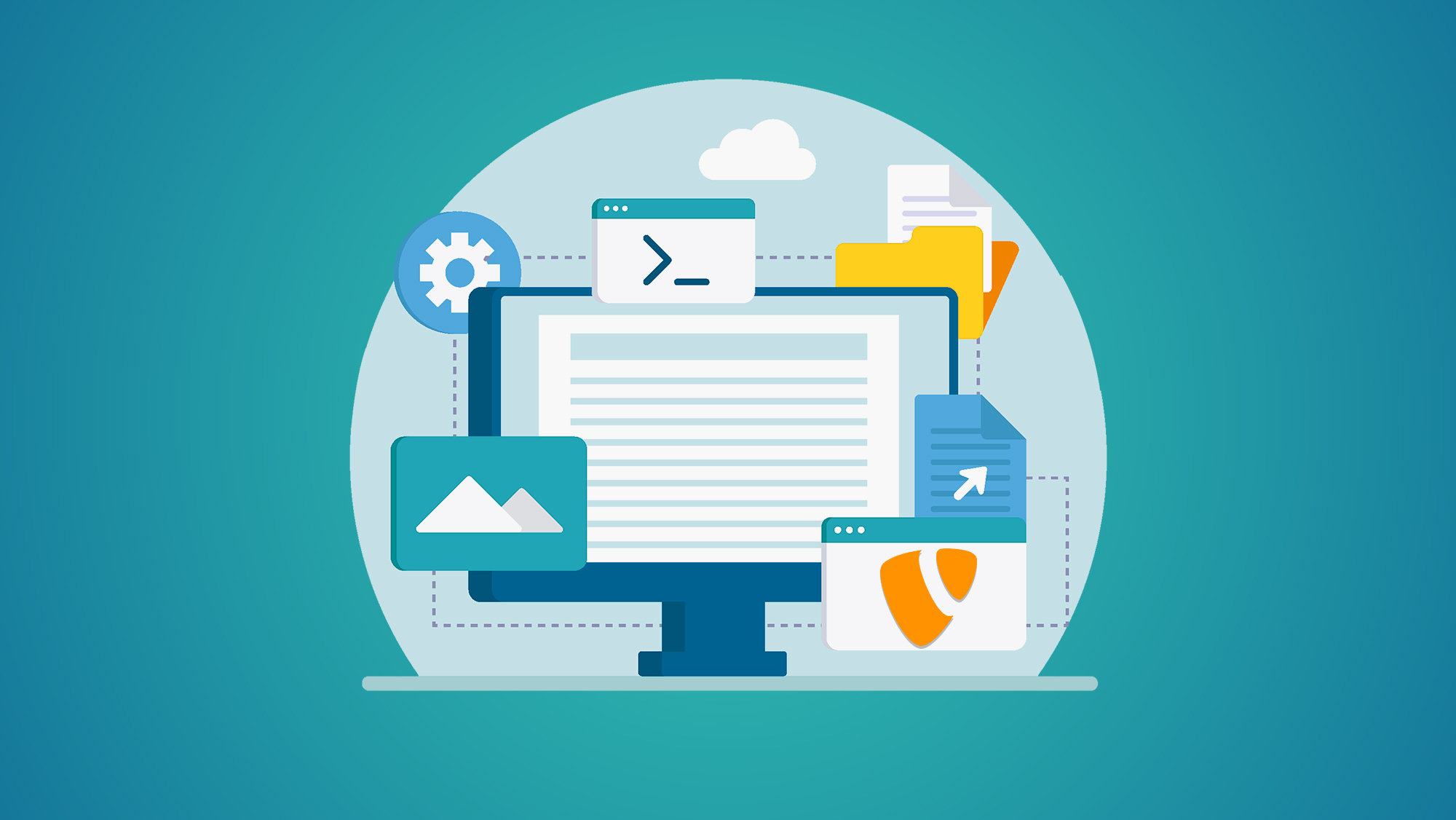Developing Robust Web Applications with ExtJS Sencha Training
Introduction:
ExtJS Sencha is a powerful JavaScript framework widely used for developing robust and feature-rich web applications. To excel in creating web applications with ExtJS Sencha, comprehensive training is essential. In this blog post, we will delve into the key aspects of ExtJS Sencha training and explore how it can empower you to build highly functional and visually appealing web applications.
1. Understanding the ExtJS Sencha Framework:
Begin your journey toward developing robust web applications with ExtJS Sencha by gaining a solid understanding of the framework. Explore its core concepts, architecture, and design patterns, including the Model-View-Controller (MVC) pattern. Familiarize yourself with the various modules and libraries that make up the ExtJS Sencha framework.
2. Building Powerful User Interfaces:
Comprehensive ExtJS Sencha training should focus on building powerful user interfaces that provide an intuitive and engaging experience for users. Learn how to leverage the extensive library of pre-built components and widgets to create visually appealing interfaces. Understand how to customize and extend these components to meet specific application requirements.
3. Data Handling and Management:
Web applications often involve handling and managing complex data. ExtJS Sencha offers robust data handling capabilities, such as data models and stores. Training should cover how to define data models, work with data stores, perform data operations like sorting and filtering, and integrate data from various sources like RESTful APIs or databases.
4. Implementing Responsive Design:
In today's mobile-centric world, responsive design is crucial for web applications. ExtJS Sencha training should include guidance on implementing responsive design techniques. Learn how to create flexible layouts that adapt to different screen sizes and orientations. Understand the tools and approaches for building responsive and mobile-friendly web applications.
5. Event Handling and Application Flow:
Developing interactive web applications requires effective event handling and managing application flow. ExtJS Sencha training should cover event listeners, controllers, and how to respond to user interactions. Gain insights into implementing application navigation, routing, and managing complex workflows to provide a seamless user experience.
6. Testing and Debugging:
Comprehensive ExtJS Sencha training should equip developers with the skills to test and debug their applications effectively. Learn about testing frameworks and tools specific to ExtJS Sencha, such as Sencha Test. Understand how to write unit tests, perform integration testing, and utilize debugging tools to identify and resolve issues during development.
7. Best Practices and Performance Optimization:
To ensure the scalability and performance of web applications, training should emphasize best practices and performance optimization techniques. Learn about coding standards, modular development, and architectural patterns to write clean and maintainable code. Understand how to optimize application performance, minimize loading times, and improve user experience.
Conclusion:
Developing robust web applications with ExtJS Sencha requires comprehensive training in the framework's core concepts, building powerful user interfaces, handling and managing data, implementing responsive design, effective event handling, testing, and performance optimization. By investing in ExtJS Sencha training, you can gain the skills and knowledge needed to create highly functional and visually appealing web applications. Start your journey today and unlock the full potential of ExtJS Sencha in building robust web applications that meet the demands of modern users.
You May Also Like
These Related Stories

Driving Efficiency: How Oracle APEX Simplifies Web App Development

Everything You Need To Know About TYPO3 CMS Training




No Comments Yet
Let us know what you think